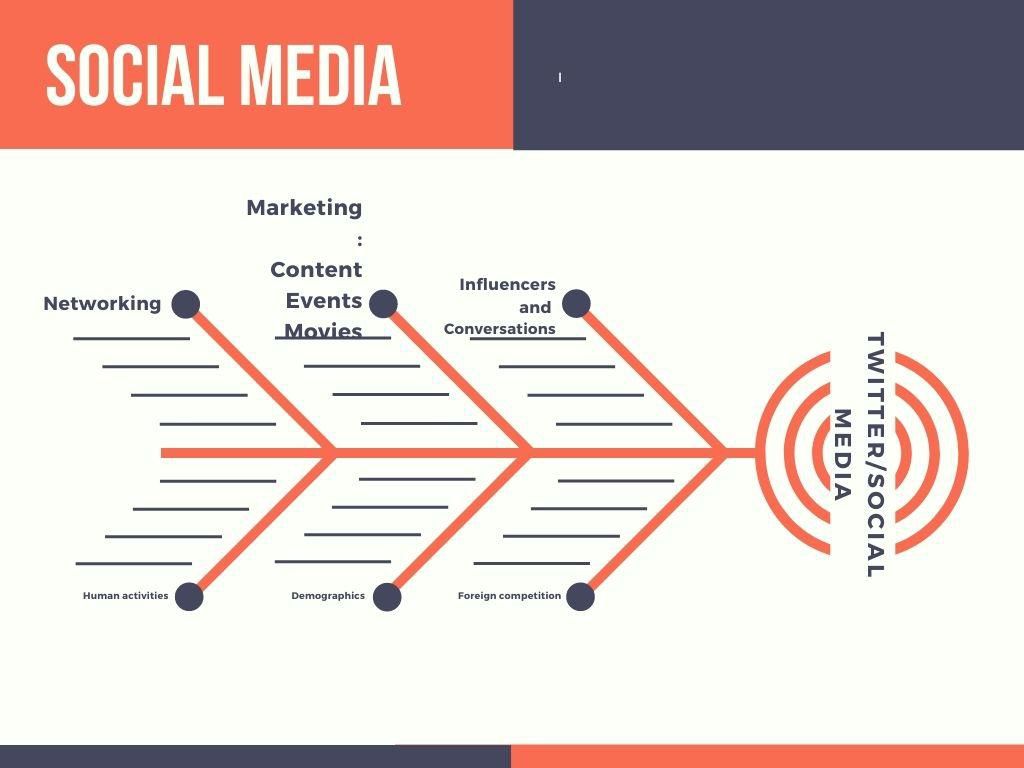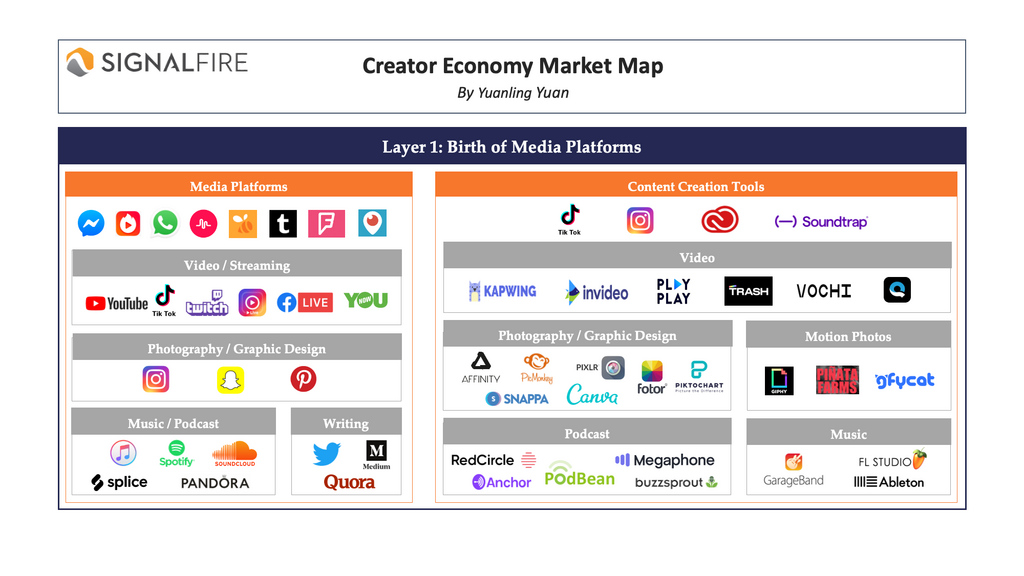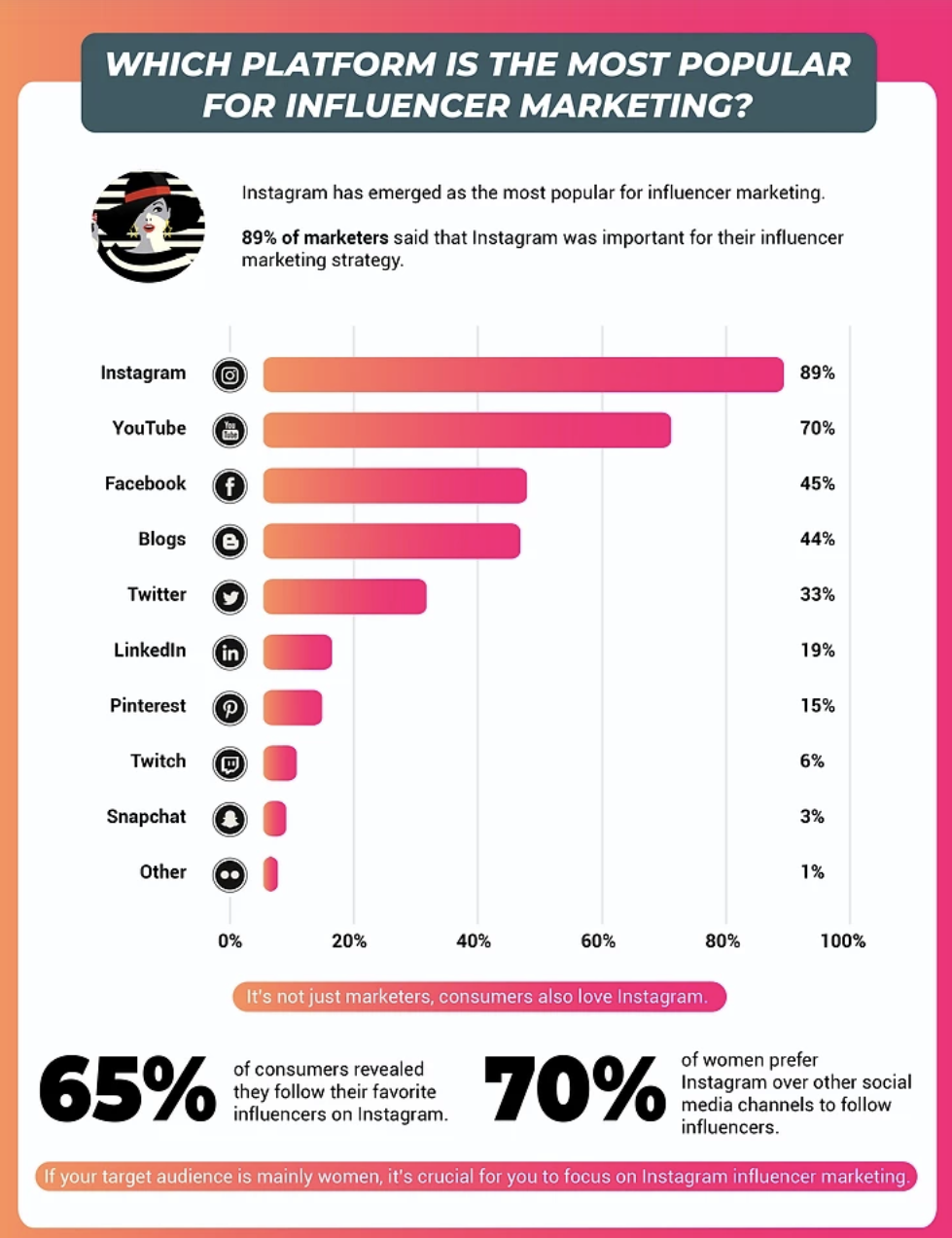How will #TwitterBan affect Nigeria’s entertainment, creative and influencer industries? [Pulse Editor’s Opinion]
)
On June 4, 2021, Nigeria’s Ministry of Information, headed by Minister, Lai Mohammed published a statement that indefinitely banned Twitter use in Nigeria.
This was a direct consequence of Twitter’s deletion of President Muhammadu Buhari’s tweet some days earlier. What felt like a joke suddenly became real on the morning of Saturday, June 5, 2021, as Twitter apps refused to load across the country.
The National Broadcasting Corporation has since ordered all media platforms to stop operating their Twitter pages while the Minister for Justice and Attorney-General of the Federation, Abubakar Malami has ordered a prosecution of all defaulters or Twitter users.
Most bothersome was FIJ's exclusive report that high-ranking members of the Nigerian government met with Communist China’s internet regulator on how to build Nigeria’s VPN-proof internet firewall.
Over the past few years, Nigerians have grown to be dependent on the internet for almost everything from entertainment, to news, to media, to promotion, to marketing and even network building.
While Nigeria battles an authoritarian or even fascist future, with conversations around free speech rumbling on, it’s another sector that truly comes into focus; Nigeria’s creative/entertainment sector.
In the entertainment/creative sector, the internet has become a ground for network building, marketing - content, event and promotion - and conversations.
Private - and even public - conversations aid network building while public conversations - and even private WhatsApp deployments - aid marketing and talent/content discovery.
Mayorkun, Davolee and Rema - to name a few - got discovered by Davido, Olamide and D’Prince respectively off social media posts. Upcoming artists and even executives have also built their networks of contacts through social media.
Conversations, liaison and interfacing have also become integral in building and weighing the influence of Nigeria’s entertainment/creative sector. Those conversations are then integral to marketing of content, events and promotion for that industry.
Music, movies and even book releases/launches often come with big budget influencer marketing and reverse influencing marketing strategies, which then fuse with stan culture to create interactive [retweetable/memeable/likeable/reply-able] moments/content that shine spotlight on releases.

This has created an incredible win for the influencer economy through curators, creators and community builders, who leverage their knowledge and/or following to earn a healthy living. YouTube, Instagram, Facebook, Twitter, Snapchat, Twitch, TikTok, Substack, Patreon, and OnlyFans mostly see the push of conversations and promotions.
The ongoing seasons of The Voice and Nigerian Idol as well as the past events like MTN Yello Star and the imminent monument, Big Brother Naija heavily rely on social media for promotion with big budgets. At the centre of it all is Twitter, due to its algorithmic power to aggregate, promote and disseminate non-stop conversations in alluring ways.
In 2021, Signal Fire’s exposé on creator economy reports that 33% of marketers signaled that Twitter was their favored ground for influencer marketing. This is because conversation-based marketing strategies are best-pushed on platforms that are tailored towards conversations. In this case, Twitter.

Influencer marketing global spend hit a whopping $10billion in 2020. MarketsandMarkets has also reported that this number is set to hit $22.3 billion by 2024.
ProShare says, “According to Plaqad's Influencer Compensation Report, 86% of consumers say they look to influencers for credible product recommendations. This is in line with Adweek's report that 76% of people are more likely to trust content shared by "normal" people.
“The report by Plaqad also shows that 55.6 percent of brands in Nigeria spent between N10 million and N50 million on influencer campaigns in 2019. 11 per cent had a budget of over 50 million, while more than 33 per cent spent less than N10 million.”
Plaqad's Influencer Compensation Report also reports that 86% of consumers say they look to influencers for credible recommendations.
The problem
In a lot of ways, internet-reliance has become the Nigerian reality. In 2020, Statistica reported that internet penetration in Nigeria hit a whopping 46%. But while influencer marketing and social media/Twitter marketing works for products, it doesn’t necessarily equate success for Nigeria’s entertainment and creative commodities.
A lot of people base their entire release strategy on Twitter trends that do not lead conversion, streams or any formidable revenue generation model. At best, it creates a host of illegal downloaders that remit nothing to the artist but flimsy clout.
While this is down to poverty levels and consumer behaviour in Nigeria, it is also because as of 2020, less than 20% of Nigeria was on Twitter and less than 10% uses the platform regularly. That’s not exactly sufficient to truly do anything.

Signal Fire might have reported that 33% of marketers signaled that Twitter was their favored ground for influencer marketing, but Twitter still ranked fifth behind Instagram, YouTube, Facebook and Blogs. Twitter has always been a sub-culture, filled with elites who have something to say. In recent years, Twitter has gotten more inclusive, but it is still not as powerful a marketing tool for Nigeria’s entertainment.
Twitter remains a great ground for brand building and networking in Nigerian entertainment, but this ban could be a blessing in disguise. It could teach people to look beyond Twitter/social media for networking and marketing by way of conversations. This could make people become more creative with marketing and network building.
It will also teach artists how to build independent websites to interface with their fans and teach people who build networks to always acquire emails instead of conversing over social media.
Bad news for media and influencer marketing
Yes, Nigeria is growing into a country with heavy internet-reliance because over 50% of the country is under 19 years old. These kids grew up on the internet and you have to meet/appeal to them on the internet, but Nigeria isn’t there yet and recent events have shown the instability of that strategy. Moreover, the internet isn’t limited to social media.
The sad part of Nigeria’s ongoing social media censorship by the government is the amount of revenue that could be lost and the amount of youths that could be out of jobs. This goes beyond influencers as well to social media managers who manage Twitter for their respective companies.
You could also talk about news platforms like Instablog9ja, Tunde Ednut and Gistlover who could be out of platforms should the Nigerian government suddenly choose to close all social platforms.
While influencers and social media managers have no succour, platforms like Instablog9ja, Tunde Ednut and Gistlover need to start driving traffic to their respective independent websites. Social media-based media operations have never been truly scalable. There is no real ownership in that strategy.

)
)
)
)

)
)
)
)
)
)
)
)
)
)